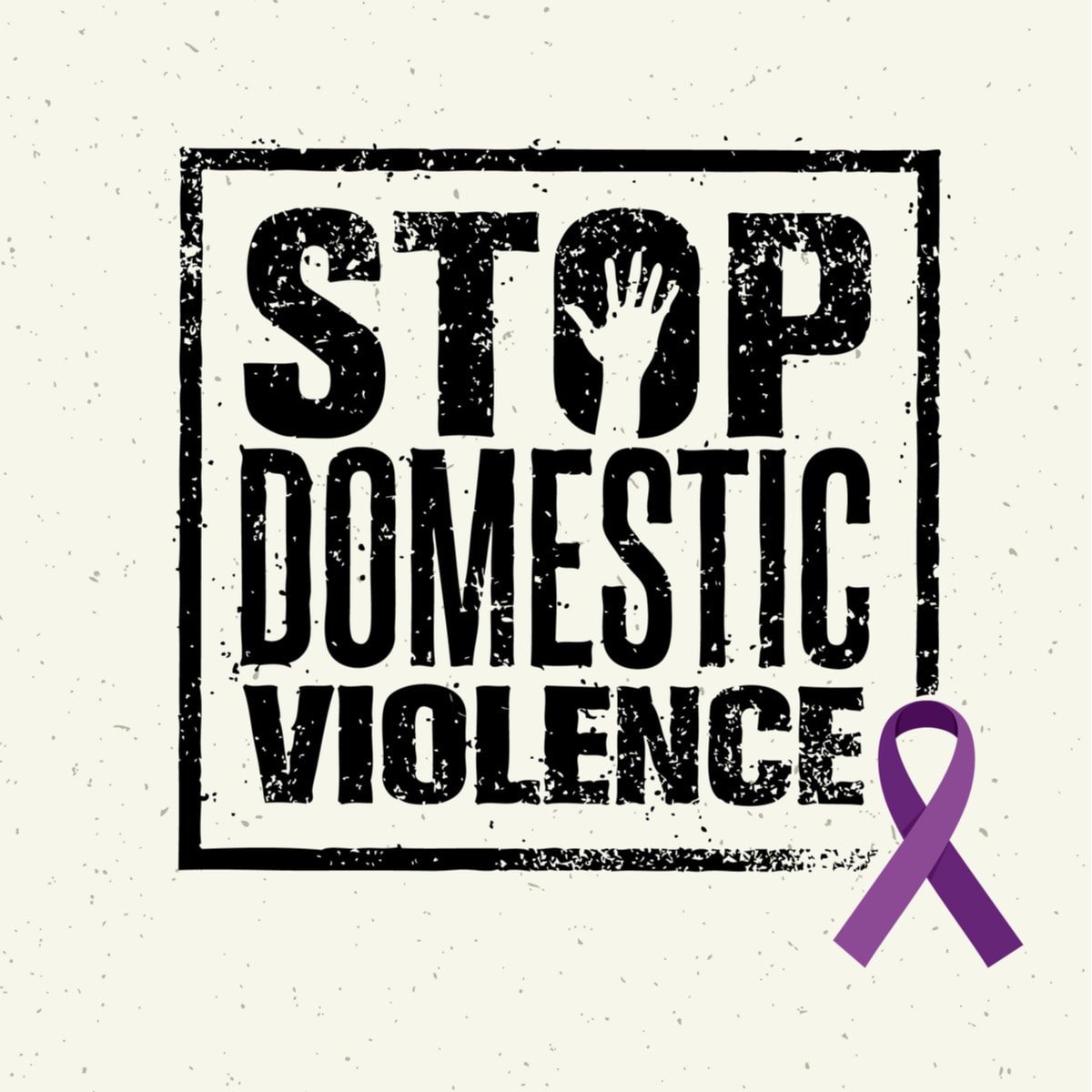
From the 8th of January, changes have come into effect which have improved the availability of legal aid to victims of domestic violence.
The time limit of 5 years in which to submit abuse evidence has been scrapped. This limit previously only allowed victims of domestic violence to apply for legal aid if they could prove violence took place within the last 5 years.In addition, the range of documents accepted as evidence of abuse will now be widened to include statements from domestic violence support organisations and housing support officers.
The heavily criticised Legal Aid, Sentencing and Punishment of Offenders Act 2012 (LASPO) imposed these restrictions with the result that nearly half of all victims were unable to access vital legal help, after the amount of civil legal aid granted had fallen by 80% since the Act came into effect. Joe Egan, the President of the Law Society of England and Wales has described legal aid as a “lifeline for those who have suffered abuse”, as often this is the only way someone is able to bring their case into the courts.
These changes are part of a series of reforms by the government to support victims of domestic violence announced in conjunction with a £17 million fund to support 41 projects across the UK to tackle violence against women.Elspeth Thomson, chair of the legal aid committee at Resolution, agrees that “these are real people, not statistics, and we must protect them and their access to the justice system”.
The changes have been positively met by various campaigners for the rights of domestic violence victims. Former Justice Minister Dominic Raab has worked closely with campaign groups Women’s Aid, Rights of Women and the family law group Resolution to help expand these changes. Estelle du Boulay, the director of Rights of Women has said “these changes will make a significant difference” to women experiencing domestic violence, given that the “previous system was so clearly unjust”.
These changes are therefore clearly a step in the right direction, since many women have been denied justice since the 2012 Act came into effect, and should hopefully extend further the availability of legal aid and appropriate remedies to victims of domestic violence.
Neil Graham, a Partner at Grayfords comments as follows: “Sadly, domestic violence and abuse is a reality for many women, children and men who either have to suffer it or witness it within the context of the family or their relationship. Since the introduction of the Family Law Act 1996 the Courts have had at their disposal the power to regulate the occupation of the home in addition to the power to prevent violent, pestering or harassing behaviour which was subsequently extended to coercive or controlling behaviour in 2015. For many, domestic violence or abuse forms part of a pattern of recurring and abusive behaviour over a period of years from which it is especially hard to escape. The introduction of these changes goes some way, therefore, towards extending the availability of those remedies to those who may formerly have been denied them as a result of the limits imposed by the 2012 Act.”
Although we are unable to offer legal aid at Grayfords, we regularly advise clients on the law surrounding occupation orders and non-molestation orders. If you have been subjected to domestic violence or abuse or, perhaps, you have been wrongly accused of it we can be of assistance. Often, it is important to obtain advice quickly and we will always endeavour, therefore, to respond to you as quickly as possible.


